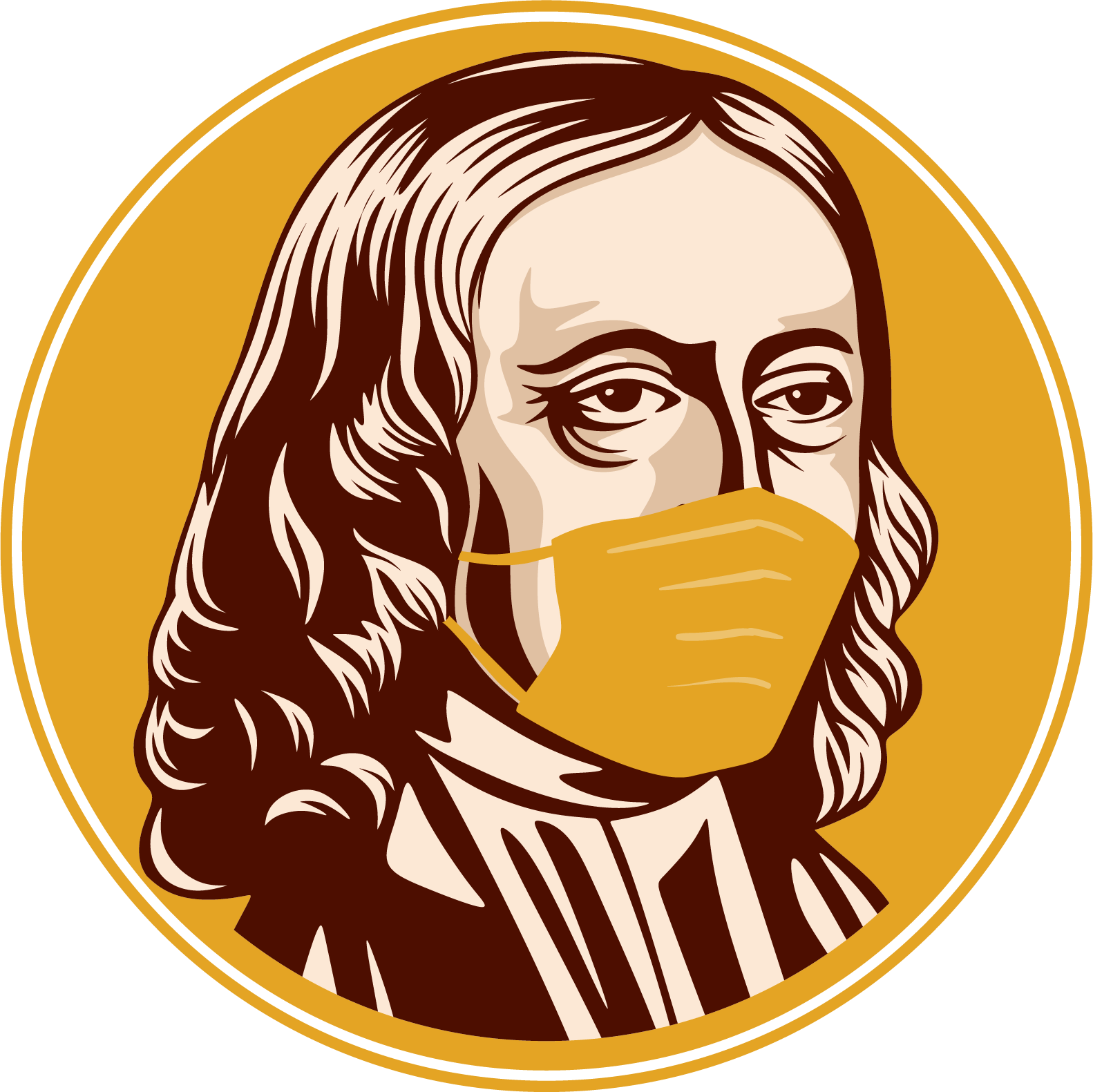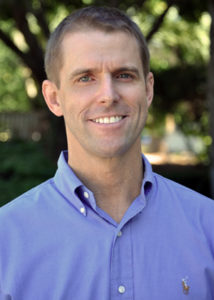Reclaiming an Original Methodist Practice
When the Wesley brothers convened meetings, they always included an opportunity for people to share their struggles and hope in Christ.
By Jack Jackson

 Over the past fourteen months, as we’ve all tried to do the best we can during this pandemic season, I’ve missed many things about the way my Christian community used to be. I miss going to worship on Sunday mornings and I miss our weekly small group gathering. Both have been replaced for the short term, more or less adequately, by Zoom. But as we all know, Zoom can only replicate so much. I also really miss my Christian community gathering for the breaking of the bread and the pouring of the wine, and for this sacred act, Zoom simply is no substitute. But of all the aspects of Christian community that I miss, the one that stands out is hearing other people, face to face, share their experiences of faith during these strange days. Using classical Christian language, I miss Christian testimony.
Over the past fourteen months, as we’ve all tried to do the best we can during this pandemic season, I’ve missed many things about the way my Christian community used to be. I miss going to worship on Sunday mornings and I miss our weekly small group gathering. Both have been replaced for the short term, more or less adequately, by Zoom. But as we all know, Zoom can only replicate so much. I also really miss my Christian community gathering for the breaking of the bread and the pouring of the wine, and for this sacred act, Zoom simply is no substitute. But of all the aspects of Christian community that I miss, the one that stands out is hearing other people, face to face, share their experiences of faith during these strange days. Using classical Christian language, I miss Christian testimony.
It isn’t like my church had lots of testimonies before COVID-19. In fact, my church is like most churches today in that we hear every week from the band and pastor, but rarely do we hear from the people. In truth, the only people from my church who I’ve really heard discuss their spiritual lives in any depth since March 2020 are the people in my small group. I really have no idea how the rest of the people are doing, their struggles or their joys. It is this mutual sharing of life with the gathered Christian community that I miss the most.
I thought of this as I reflected on a wonderful group of people that I’ve gotten to know in Collierville, TN. Though I’m employed on the other side of the country in Los Angeles, I’ve been working closely with a wonderful group of United Methodists in Tennessee over the past few months. They have been working through a curriculum on evangelism that I’m developing called Reveal. Reveal is designed to help people to embody a practice that Peter says is essential to Christian discipleship, namely, to be able to share the hope they have in Christ (see 1 Pet 3:15). Perhaps it should not have surprised me, but when this group went to their pastor and asked if the church might start incorporating regular times of lay testimony in worship, I realized the importance this group now placed on testimony. It turns out that they also miss what I miss, and they yearn for the opportunity to hear from their sisters and brothers about their ongoing journeys with Christ.
This yearning is rooted deep in our Wesleyan DNA. It used to be, while the Wesley brothers were still alive, and through the first few decades of the nineteenth century in the US, that every time Methodists gathered one or more regular people (i.e., non-preachers) would share their testimony. This might include part of their faith story, or their most recent experience of God, or even their most recent trial. There was no specific format. The point was for the people of God to hear from a rotating group of lay people about their experiences of God and how they were being molded as the new creation the Spirit promises.
I’m still not sure why, but United Methodism has almost totally lost this imperative to give testimony. Perhaps it relates to the “settling” of clergy and their need to center the act of worship on their own words instead of the laity’s. Or perhaps the loss relates to the mainstreaming of white Methodism in middle and upper-class American culture of the late nineteenth and early twentieth centuries, and concerns that testimony was too charismatic and not “proper” enough. I’m not sure. What I do sense, is that one of the opportunities coming out of the pandemic is the opportunity to reclaim this critical Wesleyan practice.
As churches begin to gather, there seems to be a desire to hear from each other in ways that we have not done so in the recent past. We want to know how people have grown as disciples, how they have been challenged. We want to hear people’s joys and their concerns. There has never been a better time to make Christian testimony, once again, a central act of the Methodist community.
This article orginally appeared on Catalyst. Used with permission.

